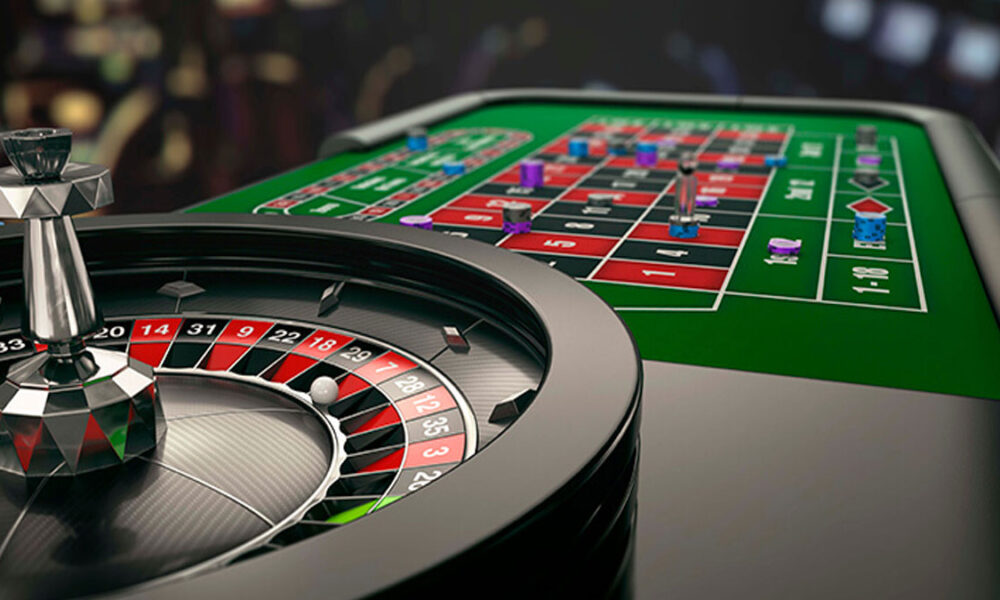Casino game designers leverage sophisticated psychological principles to create engaging experiences that keep players returning for more. These carefully crafted games incorporate various cognitive triggers and emotional hooks that work beneath the conscious awareness of most players. Online platforms create games that replicate and sometimes enhance psychological engagement factors that traditional casinos have refined over decades of observation and research.
Psychology of intermittent rewards
- Variable ratio reinforcement – Casino games utilize unpredictable reward patterns rather than fixed schedules. This approach creates stronger behavioral reinforcement than consistent rewards, as the brain’s dopamine system responds more intensely to unpredictable positive outcomes than expected ones.
- Reward magnitude variation – Games intentionally mix small, frequent wins with occasional larger payouts to create layered reinforcement patterns. This combination prevents the extinction of playing behaviour while maintaining excitement through the possibility of significant rewards.
- Near-miss engineering – Many games deliberately present outcomes short of major wins. These near-misses stimulate similar neural pathways as actual wins, creating false feelings of almost succeeding and encouraging continued play despite losses.
- Loss-disguised-as-win scenarios – Modern slot games often celebrate outcomes where players receive less than their wager as if they were genuine wins, using animations, sounds, and visual effects to create positive reinforcement despite mathematical losses.
Sensory engagement by design
luxury777 focuses on multi-sensory stimulation to transform standard gameplay into a more memorable casino experience. This multi-sensory approach draws from established psychological research on attention and engagement.
- Visual stimulation is the primary engagement channel, with games utilising dynamic animations, strategic colour psychology, and movement patterns that draw the eye to key game elements. Colors like red and gold predominate due to their cultural associations with luck and wealth across many societies. Modern game designers carefully calibrate visual stimulation to create excitement without overwhelming cognitive processing.
- Sound design plays an equally crucial role in psychological engagement. Winners receive auditory celebration through rising tones and harmonious chords, while near-misses often feature sounds that initially mimic winning patterns before shifting to indicate the loss. These audio cues create classical conditioning associations that strengthen emotional responses to game events and help maintain player engagement during extended sessions.
Social psychology factors
- Social proof elements appear through jackpot displays, winner announcements, and community features that show other players winning, reinforcing the belief that success is attainable.
- Reciprocity principles emerge in bonus features and free spins that create feelings of receiving “gifts” from the game, triggering the psychological desire to reciprocate through continued play.
- Commitment and consistency pressures develop through loyalty programs and progressive achievement systems, creating psychological momentum toward continued engagement.
- Scarcity mechanics like limited-time promotions or rare feature activations leverage the psychological tendency to value things perceived as less available or time-constrained.
- Authority signals appear through licensing recognizable intellectual property or celebrity endorsements that transfer credibility to games through psychological association.
These social influence principles, extensively studied in psychological research, create powerful engagement hooks beyond the core game mechanics. Casino games create memorable moments by strategically contrasting routine play with highlight experiences. These emotional peaks form stronger memory imprints that players recall more readily than the more numerous neutral or negative outcomes that typically dominate actual play sessions.


